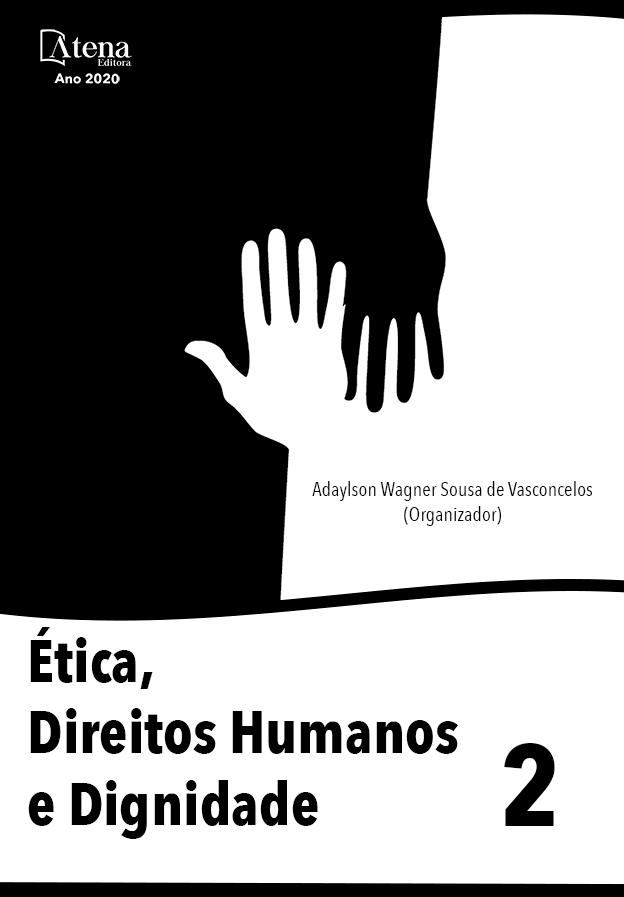
A SUBSTITUIÇÃO DA INTERNAÇÃO DO INIMPUTÁVEL POR DOENÇA MENTAL EM HOSPITAL DE CUSTÓDIA POR MEDIDA DE TRATAMENTO AMBULATORIAL QUANDO APENADO POR TIPO PENAL SUJEITO À RECLUSÃO: UMA ANÁLISE FRENTE AO CÓDIGO PENAL E A LEI Nº 10.216/2001.
O artigo em apreço realiza uma análise legal, jurisprudencial e doutrinária sobre a possibilidade (ou não) de substituição da internação em hospital de custódia do inimputável portador de transtorno mental por medida de tratamento ambulatorial, quando o indivíduo é acusado ou condenado por tipo penal cujo preceito secundário comina a pena de reclusão. Embora o Código Penal determine expressamente que seja imposta internação em hospital de custódia para tais acusados (medida de segurança detentiva, portanto), a Lei nº 10.216/2001 prevê inúmeras garantias e direitos aos portadores de transtornos mentais, bem como assegura que a internação apenas será indicada em último caso, quando os recursos extra-hospitalares se mostrarem insuficientes. Neste sentido, qual a crítica doutrinária? O que a jurisprudência segue? Eis o que será desenvolvido neste artigo.
A SUBSTITUIÇÃO DA INTERNAÇÃO DO INIMPUTÁVEL POR DOENÇA MENTAL EM HOSPITAL DE CUSTÓDIA POR MEDIDA DE TRATAMENTO AMBULATORIAL QUANDO APENADO POR TIPO PENAL SUJEITO À RECLUSÃO: UMA ANÁLISE FRENTE AO CÓDIGO PENAL E A LEI Nº 10.216/2001.
-
DOI: 10.22533/at.ed.11520230910
-
Palavras-chave: Saúde Mental. Medida de Segurança. Hospital de Custódia. Crime sujeito à reclusão.
-
Keywords: Mental health. Security measure. Custody Hospital. Crime subject to imprisonment.
-
Abstract:
This article perform a legal, jurisprudential and doctrinal analysis about the possibility (or not) of replacing hospitalization in a custody hospital of the unaccountable person with mental disorder by means of outpatient treatment, when the individual is accused or convicted of a criminal offense whose secondary precept includes the penalty of imprisonment. Although the Penal Code determines expressly that hospitalization in a custody hospital be imposed on such accused (a detective security measure, therefore), the Law nº. 10.216/ 2001 provides for numerous guarantees and rights for people with mental disorders, as well as ensuring that hospitalization only will be indicated in the last case, when the extra-hospital resources are insufficient. In this sense, what is the doctrinal criticism? What does jurisprudence follow? Here's what will be developed in this article.
-
Número de páginas: 14
- Bruno Zanesco Marinetti Knieling Galhardo


